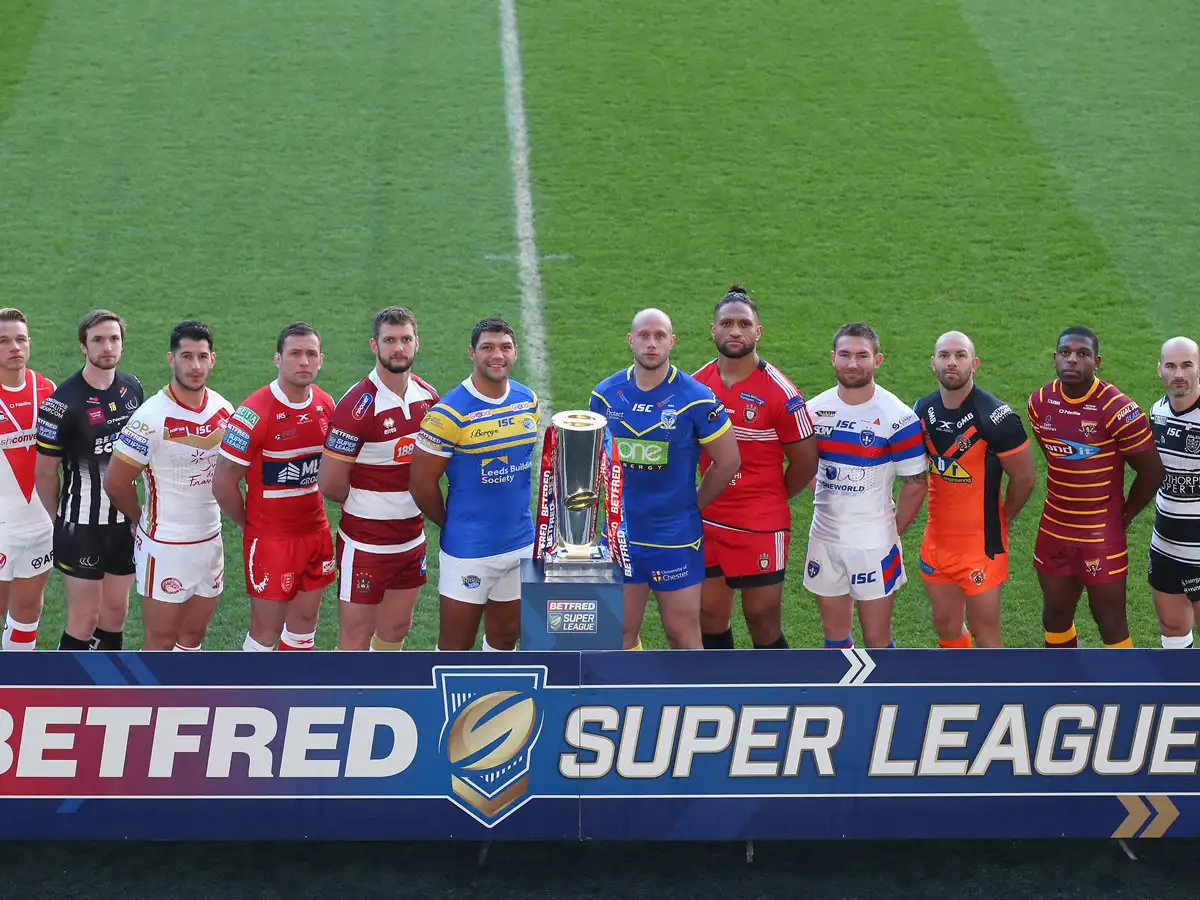Column: Time for Super League to break away and let British rugby league find its feet

Super League becoming independent is believed to be one part of the discussions around the structure for 2019.
That would mainly mean control over its own TV money and the ability to govern itself, to a degree, without the RFL.
The big boys at the top are becoming increasingly frustrated at how much of the pie they are being forced to give away, especially when they see that the primary reason the money is invested in the first place, is to show their games.
Whatever discussions are going on, there are three key elements from my point of view:
– Enabling the top clubs to grow as much as possible to compete with their NRL equivalents
– Expansion of the game in to new territories, such as Toronto and New York
– Ensuring a healthy and stable system for existing rugby league clubs to grow organically and continue developing the player pool
There is no doubt that rugby league needs, and wants, to expand. The RFL are almost singlehandedly flying the flag, with the NRL reluctant to do anything other than look after themselves.
It also needs to give a platform to money men who want to invest in clubs and help to expand.
That said, bending the rules to accommodate them is surely counter productive – the salary cap below Super League has changed massively in recent years due to pressure from certain clubs; there’s surely a reason it was in place to start with.
Super League clubs, like Wigan and Leeds, want to grow but may feel they are being held back.
Championship clubs are stuck between a rock and a hard place, left frustrated at the lack of coverage their competition gets, but almost reliant on the central funding hand-outs they get as a result of the Sky Sports deal.
It’s a risk, but without that restriction the Championship and League One clubs would then be free to negotiate their own rights deals or even stream games themselves.
Having said that, streaming games for free is surely not a sensible option for any club wanting to sell its rights either now or in the future, either independently or as part of a whole league deal.
So, rather than the World League idea I’ve mooted in the past, Super League effectively becomes that – for the bigger clubs (Wigan, Leeds, Hull, St Helens, Warrington etc), the expansion sides (Catalans, Toulouse, Toronto, New York) and anyone else who wishes to join the party, whether that be a franchise system or otherwise.
The opportunity would then be for the Championship and League One to signal a new era for “British Rugby League”, potentially developing a pyramid structure with the National Conference League – which itself has now become a major attraction thanks to the FreeSports TV deal spearheaded by RugbyAM’s Alex Simmons.
On the British rugby league note, it’s not Brexit-inspired, but given in rugby union the nations are all very independent of each other, with the English Premiership and then the Celtic nations playing in a joint competition, rugby league could take over the “British rugby” mantle and make it work, especially with the resurrection of the Great Britain team.
The existing rugby league structure would then be able to find its feet and grow organically, leaving Super League as the vehicle to drive the full-time professional game forward, free of its current responsibility to the rest of the sport.
Some fans of bigger clubs bemoan those ones of so-called smaller clubs for holding the game back by not allowing the expansion and growth plans to happen, so this to me would be a happy medium.
Allow the long-established clubs to continue in a system free of the expansion behemoths that have ploughed their way through League One in recent years.
– Super League
– Championship
– League One North
– League One South
– National Conference League
The Super League big boys could even enter “B” teams in to League One to act as their reserve side, enabling the likes of Coventry to still experience the “glamour” of facing a Wigan or a Leeds, something which is an attraction given the encouraging crowd the Bears had for a pre-season game.
A Wigan or Leeds second team would attract decent crowds over a weekend, especially if Super League continues to be played out on Thursdays and Fridays.
Some form of regionalisation needs to happen at League One level, especially after the weekend’s debacle involving Newcastle at West Wales, and also because players are being discouraged from playing semi-pro due to the sheer amount of travelling involved.
It’s sadly not my decision what happens – but whatever does happen, here’s hoping that it’s a solution for the long-term so that we can start concentrating on growing the game, its fanbase and the player pool, rather than the ongoing structure debate.